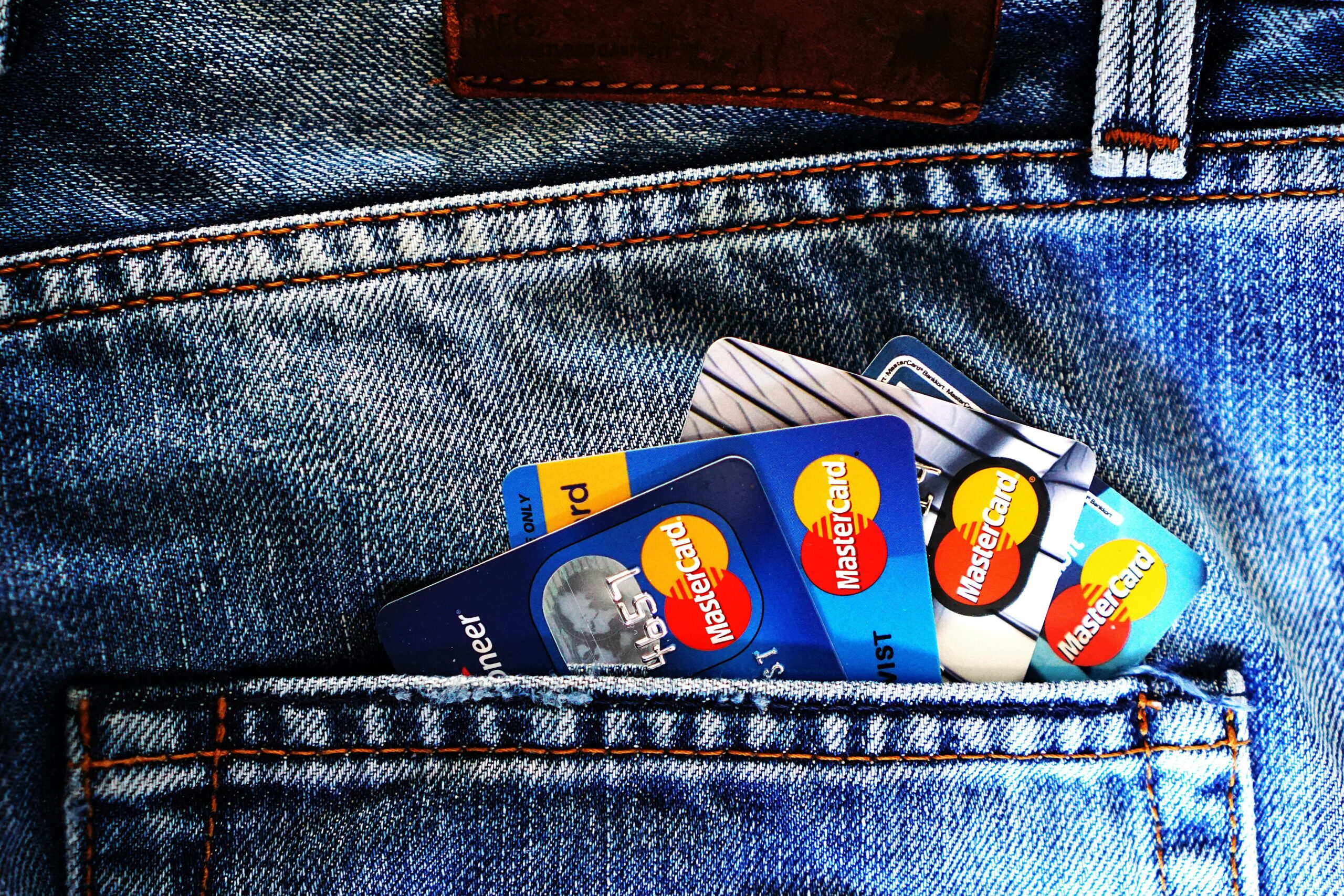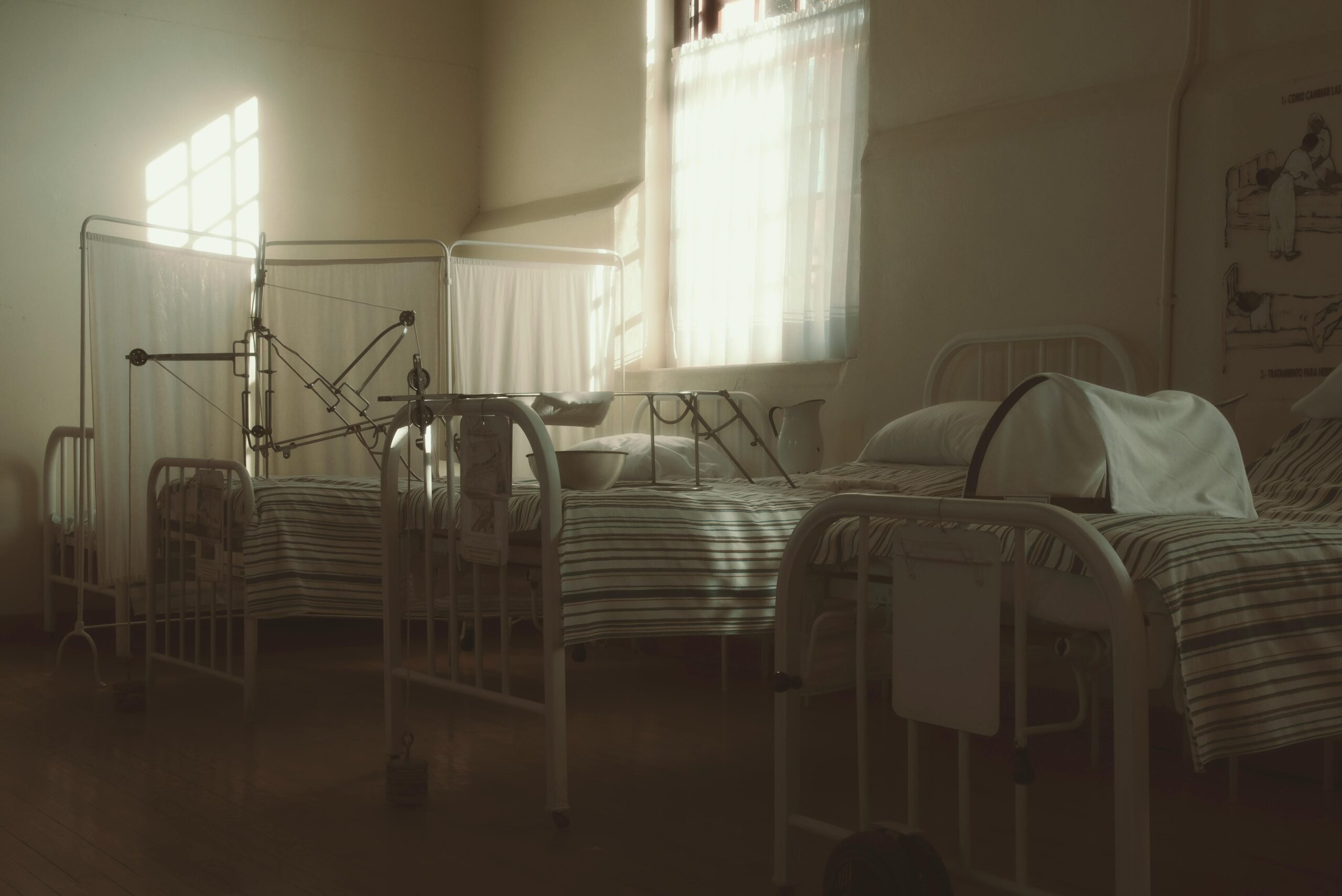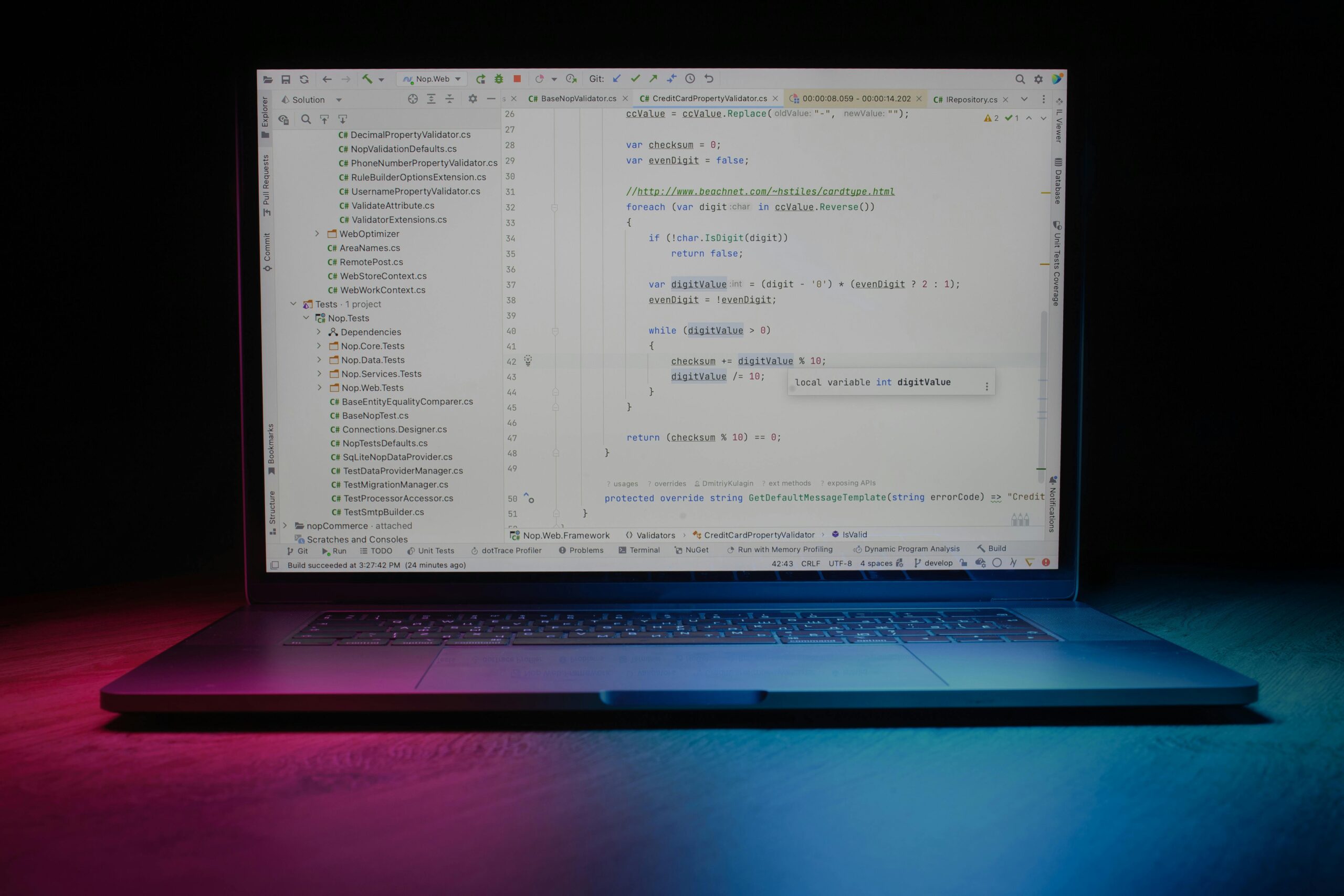 Employment and wage growth are going strong... but everything isn't fine in today's economy.
Employment and wage growth are going strong... but everything isn't fine in today's economy.
Folks are borrowing at higher interest rates than we've seen in years. Both auto loans and credit-card loans reached all-time highs in the past few quarters.
For the first time in recorded history (since at least 1978), nonmortgage interest payments are as big of a burden on Americans as mortgage interest.
In short, despite positive job-market data, consumers as a whole are getting weaker. And unlike in years past, they have no way of hiding from debt...
 Leading up to and after the Great Recession, nonmortgage interest payments were about half the size of mortgage interest payments...
Leading up to and after the Great Recession, nonmortgage interest payments were about half the size of mortgage interest payments...
In other words, the "consumer-debt problem" was a real estate problem first and foremost.
Consumers were paying about $600 billion per year on mortgage interest right before the housing bubble burst. And they only paid around $300 billion on all other interest payments.
While that concentration helped lead to the housing-market collapse... it also gave consumers a fairly easy path to clean up their personal balance sheets. Don't take out a mortgage, and you'll be fine.
Today's consumers don't have that luxury. Mortgage interest payments are fast approaching $600 billion again. And this time, nonmortgage payments are just as high.
That means consumers are paying interest on everything... their homes, their cars, even student loans. And they're paying for more regular purchases with credit, too. Credit-card debt is at its highest level ever.
 Consumers are running low on borrowing power... and things are going to get ugly.
Consumers are running low on borrowing power... and things are going to get ugly.
Debt is getting far too expensive for consumers to handle. According to LendingTree, the average credit-card interest rate has jumped to 24% – tied for the highest level since it started tracking rates in 2019.
And the number of borrowers who carry a balance on their credit cards continues to increase.
Credit card debt ballooned 17% to a new high in 2023. Credit-card delinquency rates are up to 6.4%.
Even during an event as catastrophic as the Great Recession, there was a pretty simple economic pressure relief valve... Stop buying homes with debt.
That's not necessarily an option today.
 When everything from food to transportation is purchased on credit, it's much harder for consumers to simply stop borrowing...
When everything from food to transportation is purchased on credit, it's much harder for consumers to simply stop borrowing...
It won't necessarily doom the economy overnight. But the economic vise is tightening.
Credit-card balances have surged to unprecedented levels, signaling that consumer cash pools are running dry. Many folks continue to borrow out of necessity. It's the only way to handle the simultaneous pressures of persistent inflation and high interest rates.
But credit isn't an infinite pool. It may not be immediate, but folks will eventually have to stop borrowing and spending like they are today.
When that happens, consumers might end up in an even worse spot than during the Great Recession... and they could take the economy down with them.
Regards,
Rob Spivey
April 22, 2024



 Employment and wage growth are going strong... but everything isn't fine in today's economy.
Employment and wage growth are going strong... but everything isn't fine in today's economy.

